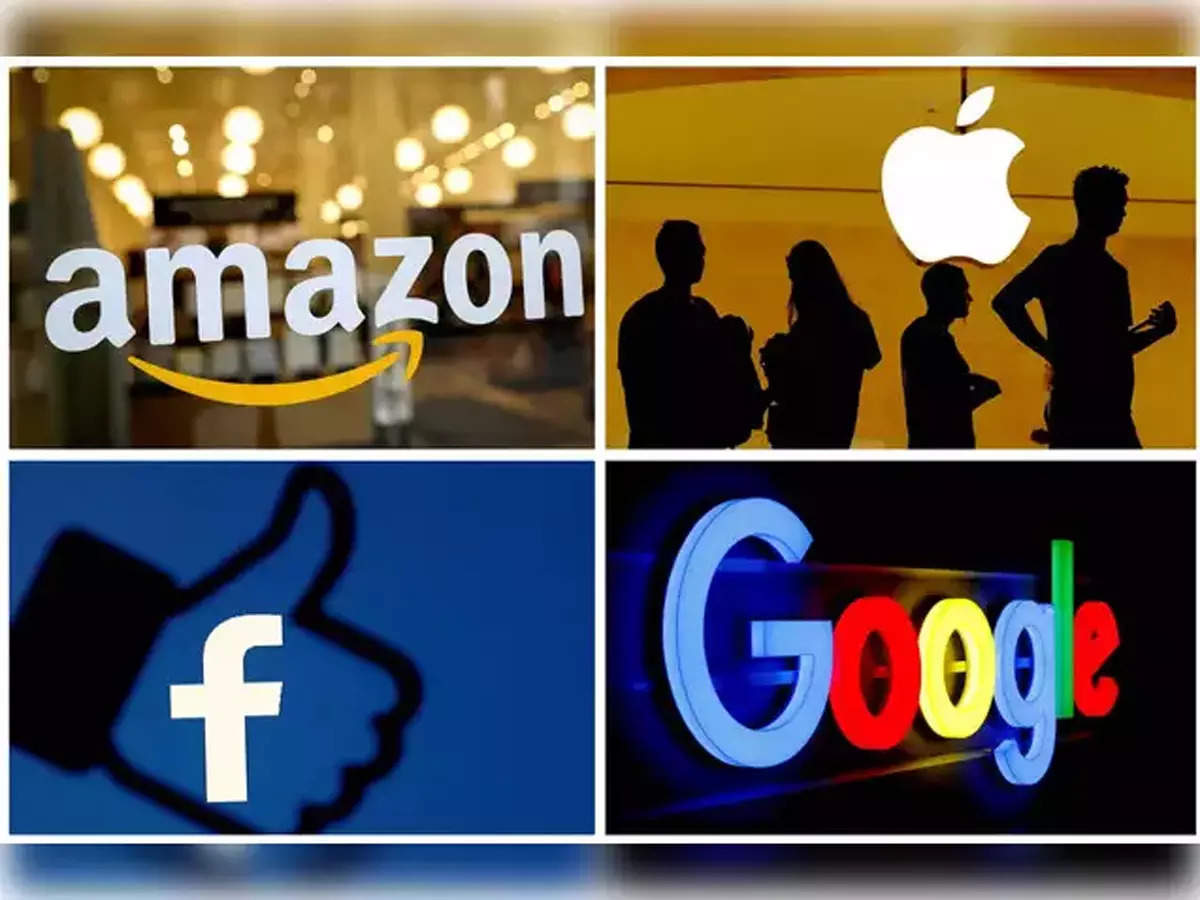
[ad_1]
Even some home-grown corporations, similar to Oyo, Zomato and Swiggy, too, didn’t fairly applaud such ex-ante rules. A few of them selected to endorse such rules solely below situations, together with tailored provisions to go well with the Indian context, based on the panel’s report.
Nevertheless, a lot of different entities, together with the All India Gaming Federation, Asia Journey Expertise Business Affiliation, the Confederation of All India Merchants, the Digital Information Publishers Affiliation, the Federation of Resort & Restaurant Associations of India, the Indian Council for Analysis on Worldwide Financial Relations, the Newspaper Affiliation of India and the Nationwide Restaurant Affiliation of India, endorsed the ex-ante framework for systemically necessary digital intermediaries.
Ex-ante rules goal to disallow specific practices from being pursued.
The Govil panel was arrange final 12 months to look at the necessity for any ex-ante regulatory mechanism for digital markets by a separate legislation after a parliamentary committee, headed by former minister of state for finance Jayant Sinha, really useful a separate digital competitors legislation.
The Govil panel has now really useful separate digital competitors laws with an ex-ante framework after holding conferences with a cross-section of stakeholders, together with the massive digital gamers who had submitted their views.Submissions earlier than the panel
Apple India stated it was “in favour of a light-touch regime which promotes innovation”. It additionally known as on the anti-trust regulator to contemplate opening a regional workplace in Bengaluru so as “to get quick access to the know-how ecosystem of the nation”.
Meta (Fb) sought a “complete influence evaluation of the Indian economic system and readability in regards to the coverage objectives that such laws is slated to realize is important”. “Meta believes in observing and advancing additional analysis earlier than dashing to undertake any variation of the Digital Markets Act (or any of the opposite ex-ante frameworks being thought-about presently),” it stated in its submission earlier than the Govil panel.
The panel’s proposals, Meta stated, might lower throughout the regulatory sphere of extant laws and “run the danger of inhibiting the expansion and innovation of providers and merchandise in India attributable to regulatory inconsistency”. It additionally argued that there’s “no proof of enforcement gaps within the extant framework”.
Google stated it was not in favour of ex-ante regulation “besides below sure situations”. “The brand new regime ought to promote competitors and innovation; present for evidence-based justifications (e.g., pro-competitive) for conduct below scrutiny; present for separation of powers between rule-making our bodies in command of designation of SIDIs and our bodies in command of enforcement, and many others,” it stated in its strategies.
Any new ex-ante regulation, Google stated, ought to apply solely to these companies in markets the place they’re discovered to have systemically necessary digital middleman (SIDI) energy.
Arguing that there was no international consensus on a regulatory strategy to manipulate digital markets, Google stated “most regimes are untested and supply for inflexible guidelines adversely impacting product innovation and advantages to shoppers”.
It additionally recommended phased implementation of the brand new rules and known as for SIDI designations which can be business-model agnostic.
Amazon stated it was already “closely regulated” by the overseas direct funding (FDI) Coverage that mandates it might solely act as a web-based market and never as a vendor, and that it ought to present honest phrases to all sellers.
“Ex-ante regulation for the e-commerce sector could also be premature and extreme and should result in over-regulation. There’s a threat of elevated compliance prices and regulatory overlap,” Amazon stated.
Amongst Indian corporations, Zomato stated it was not in favour of ex-ante regulation. “Nevertheless, whether it is sought to be launched, it needs to be tailor-made to the Indian ecosystem, needs to be conducive to the expansion of startups, and mustn’t stifle innovation and / or shopper curiosity. It ought to function in consonance with different proposed regulatory legal guidelines within the digital market area in addition to current legal guidelines,” it stated. The edge of corporations that may come below any such new legislation shouldn’t influence smaller gamers, it stated.
Our bodies such because the Centre for the Digital Future, the India Mobile and Electronics Affiliation, the Web and Cellular Affiliation of India and the US-India Enterprise Council have opposed the brand new legislation, the panel’s report confirmed.








